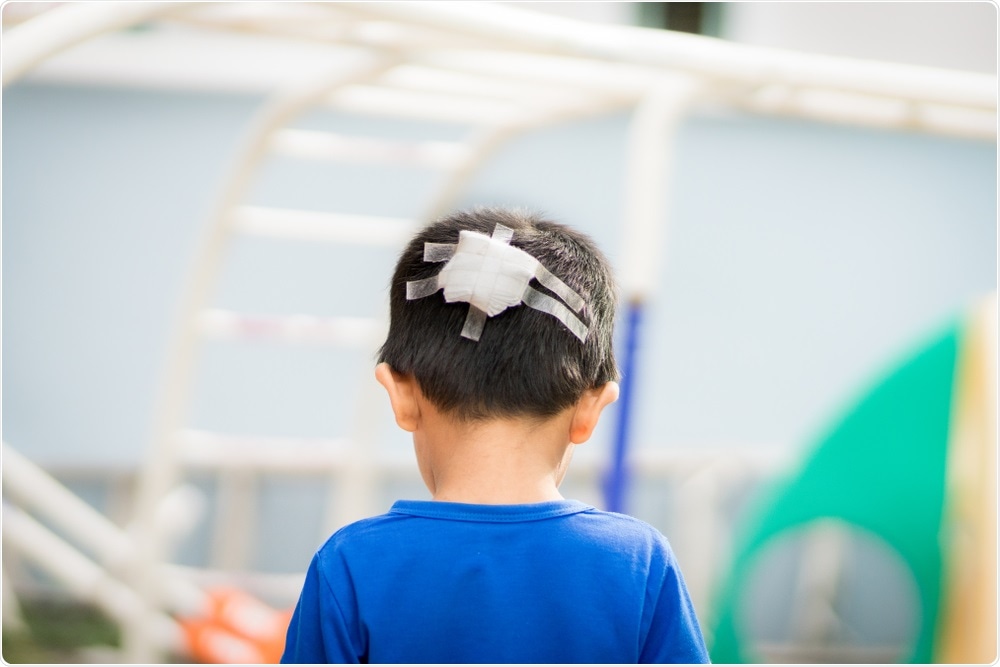A panel of pediatric experts has issued new treatment guidelines for traumatic brain injury (TBI) in children, to help improve standards of care and rates of survival and recovery.

Shutterstock | HugYou
Currently in the US, more than 600,000 children per year are treated in emergency departments following TBI. The condition, which is caused by a bump, blow or jolt to the head disrupts normal brain function and survivors often suffer from long-term health problems such as learning difficulties and seizures. Severe TBI also causes about 7,000 deaths per year among children.
Now, new guidelines published in the journal Pediatric Critical Care Medicine include eight new or revised recommendations for healthcare providers that advise on procedures such as intracranial monitoring and hypertonic saline administration to bring down brain swelling. A summary of the guidelines is also available in the journal Neurosurgery.
These guidelines are vital to the proper care and treatment of children with serious brain injury,"
"Now, health care providers around the world will have access to the best medical evidence and recommendations to help save and improve countless lives."
Clinical investigator Nathan Selden, Chair of the Department of Neurological Surgery at the OHSU School of Medicine in Portland, Oregon.
In an associated article, also recently published in Pediatric Critical Care Medicine, researchers describe an algorithm that has been developed to guide first- and second-tier approaches to treating children with severe TBI. The algorithm, which has been designed for bedside caregivers, was developed based on a validated and consensus-based process among a panel of experts in pediatric critical care, neurosurgery and other areas of paediatrics.
"We believe a combination of research findings and real-life experience will further advance the bedside care of infants and children with severe TBI, especially in treatment scenarios where scientific and clinical research is lacking," says first author Patrick Kochanek, Director of the Safar Center for Resuscitation Research at the University of Pittsburgh. "This algorithm will also help to identify key research priorities to help ensure the ongoing momentum of consistent, high-quality care for patients across the globe."
Source: https://www.eurekalert.org/pub_releases/2019-03/ohs-tbi030119.php